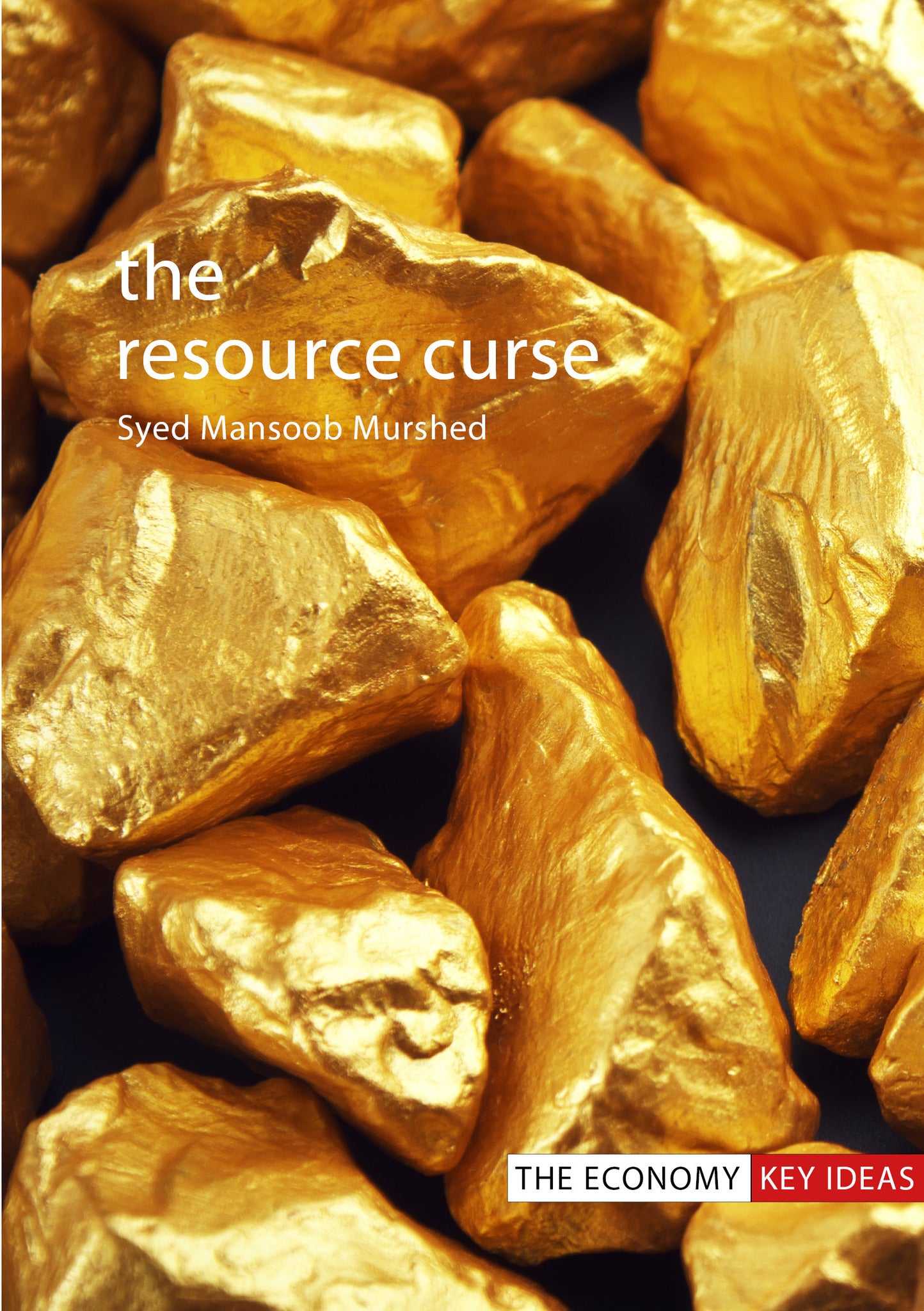We're sorry. An error has occurred
Please cancel or retry.
The Resource Curse

Some error occured while loading the Quick View. Please close the Quick View and try reloading the page.
Couldn't load pickup availability
- Format:
-
30 September 2018

The resource curse, or paradox of plenty, refers to the long-established notion central in development economics that countries rich in natural resources, particularly minerals and fuels, perform less well economically than countries with fewer natural resources. In other words, resources are an economic curse rather than a blessing.
This short primer explores the complexities of this idea and the debates that surround it, in particular under what conditions the resource curse might operate, if not universal. Discussion ranges over the nature of resource booms, the benefits and costs of export-led growth, the problems of deindustrialization and manufacturing base erosion, rent-seeking behaviour and corruption and the empirical evidence of the effects of natural resource dependence on growth. The book also considers the links between resource rents and the risk of conflict and civil war.
The treatment draws throughout on a range of illustrative examples from across the developed and developing world and offers an authoritative introduction to one of the most perplexing issues for economic growth.

BUSINESS & ECONOMICS / Development / Economic Development, Development economics and emerging economies, BUSINESS & ECONOMICS / Economics / Theory, Economic growth, Economic theory and philosophy

1. Introduction2. The Dutch disease and deindustrialization3. Growth and the institutional resource curse4. Empirical evidence on the resource curse5. Resource rents and violent internal conflict6. Managing resource rents7. Concluding commentsAppendix 1: Growth collapse from rent seekingApprendix 2: A model of civil war with greed and grievances



